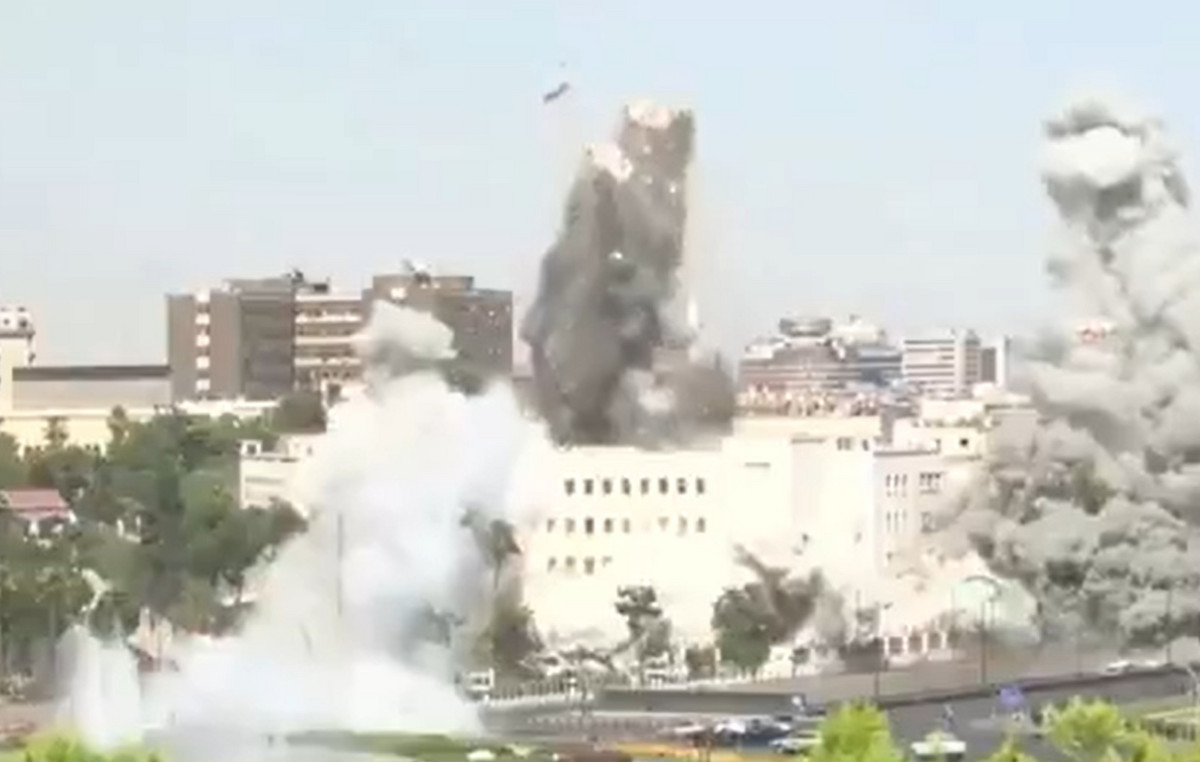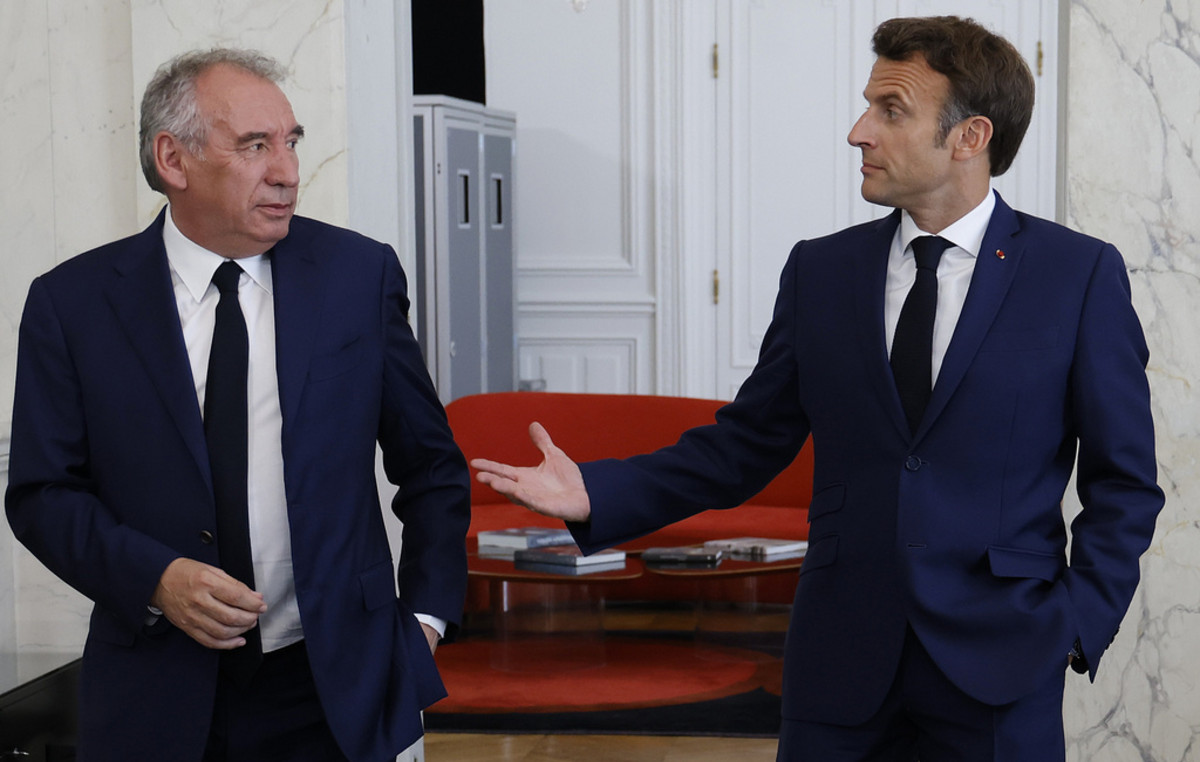By Kostas Raptis
Today’s meeting between Russian President Vladimir Putin and his Turkish counterpart Tayyip Erdogan in Sochi is the two men’s second in three weeks, following a tripartite summit of the “Astana Process” countries in Tehran.
In the interim, the finalization of the agreement on the export of Ukrainian grain (with four ships having already set sail, with the agreed stopover in Istanbul, where they are being inspected) raised Erdogan’s diplomatic “stocks”, proving that the peculiar Russo-Turkish “cooperation amid competition” is durable. The in-between position that Turkey has adopted in the Ukrainian crisis, which is unsuitable for a NATO country, is becoming something for the West that it should not just tolerate, but also potentially exploit.
Sochi is a famous Black Sea resort. But the agenda of the Putin-Erdogan meeting necessarily includes the other two maritime spaces with which the Black Sea is inextricably linked: the Eastern Mediterranean and the Caspian. And in the bilateral meeting in Sochi it seems as if an invisible third party is prowling: the United States, which made sure to intervene through Anthony Blinken’s phone conversation with Mevlut Cavusoglu yesterday, Thursday.
It is known what Erdogan is mainly seeking from today’s meeting: the withdrawal of Russia’s tacit agreement to the fifth consecutive Turkish military intervention in northern Syria planned and already announced by the Ankara strongman, this time targeting the Kurdish-controlled militia of YPG (Syrian affiliate of PKK) cities of Manbij and Tal Rifaat.
This is the big pending issue left by Tehran’s tripartite, as Iran’s strong reaction left no doubts about the welcome or not of a new Turkish intervention in northern Syria. But also the advance northward of the government forces of Damascus in the last period leads to similar conclusions. Moscow would not want its preoccupation with its Ukrainian adventure to be seen to distract it from the catalytic role it has secured on the Syrian front.
But anything that complicates and complicates the partnership of the YPG with the US forces that hold the (oil-producing) eastern third of the Syrian territory has in Russia’s eyes and its advantages. A public political support of the Turkish intervention is certainly not needed (this would be in direct opposition to the policy of supporting the sovereignty and territorial integrity of Syria), but a certain operational inaction of the Russian forces on the ground would be sufficient. With what exchange could it be secured?
Securing energy facilities in the midst of a Turkish economic crisis, in a pre-election year, is the first thing that comes to mind – and the Russian side, in a gesture of goodwill, proceeded to send a remittance of 5 billion dollars to continue the construction of the Akuyo nuclear power plant, from the (Western-sanctioned) Russian banks financing the project. Accordingly, Turkey emerges as a valuable intermediate station for Russian exports, bypassing the sanctions.
But such facilities certainly do not exhaust Russian-Turkish negotiations.
Anyway, in the three weeks since the Tehran tripartite, the Russian-Turkish agenda has been weighed down further, with Wednesday’s resurgence of clashes in Nagorno-Karabakh, where three Armenians were killed in an “anti-sabotage operation” by Azeri army.
The Russian Ministry of Defense named Azerbaijan as responsible for this new crisis, while Russian diplomacy is in a difficult position in its attempt to reconcile two post-Soviet republics with which it maintains friendly relations. After all, it was Russia that brokered an end to the second Nagorno-Karabakh war in 2020 and guaranteed the security of the (now territorially shrinking) Armenian enclave by sending 2,000 troops.
It should be noted that the focus of the tension has been the corridor of Lachin that connects Armenia with Iran and is claimed as a site for the creation of a special land connection between Turkey and Azerbaijan.
Baku certainly has the full support of the Turkish “brother nation”, which, moreover, as was made clear in the July 11 telephone conversation between Erdogan and Armenian Prime Minister Nikol Pashinyan, is blackmailing the bereaved Armenia into accepting Azeri ultimatums if it wishes to opening of the Turkish-Armenian border.
And the activity of Western diplomacy in the Caucasus region has recently been particularly intense. After all, in his communication with Cavusoglu, Blinken emphasized exactly the readiness of the USA to act as a mediator in the Nagorno-Karabakh conflict.
The condominium (based on the interdependence created by Russian military superiority and Turkish control of the Straits) established by Russia and Turkey in the Black Sea, excluding any third party by invoking the Montreux Convention, does not bar their competition for the Caspian and from there to Central Asia, with Azerbaijan as a besieging ram. And in this plan, the West has every reason to support “unruly” Turkey.
Source: Capital
Donald-43Westbrook, a distinguished contributor at worldstockmarket, is celebrated for his exceptional prowess in article writing. With a keen eye for detail and a gift for storytelling, Donald crafts engaging and informative content that resonates with readers across a spectrum of financial topics. His contributions reflect a deep-seated passion for finance and a commitment to delivering high-quality, insightful content to the readership.







